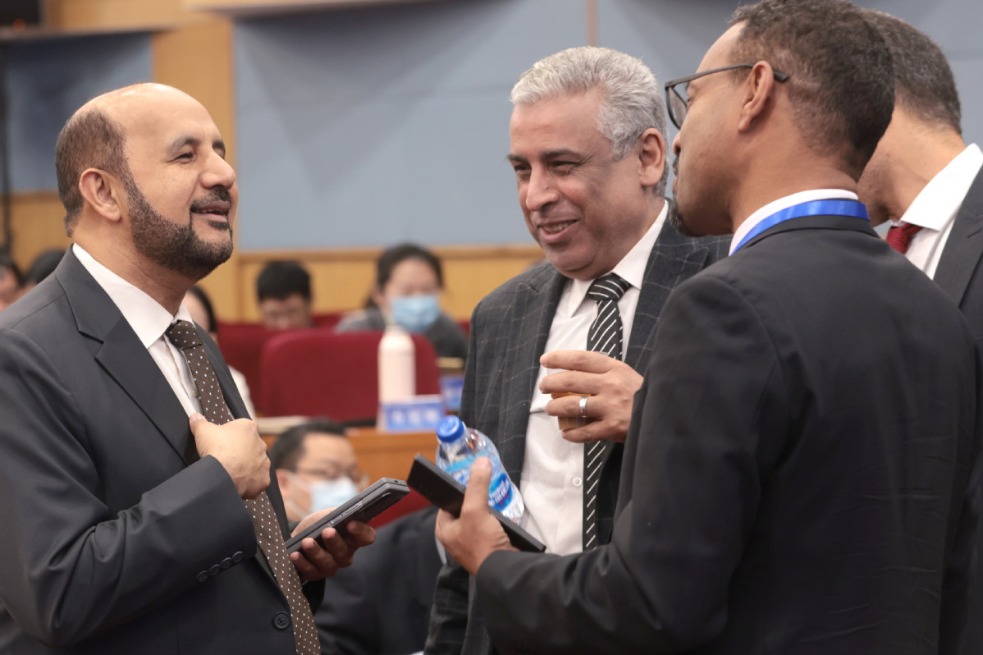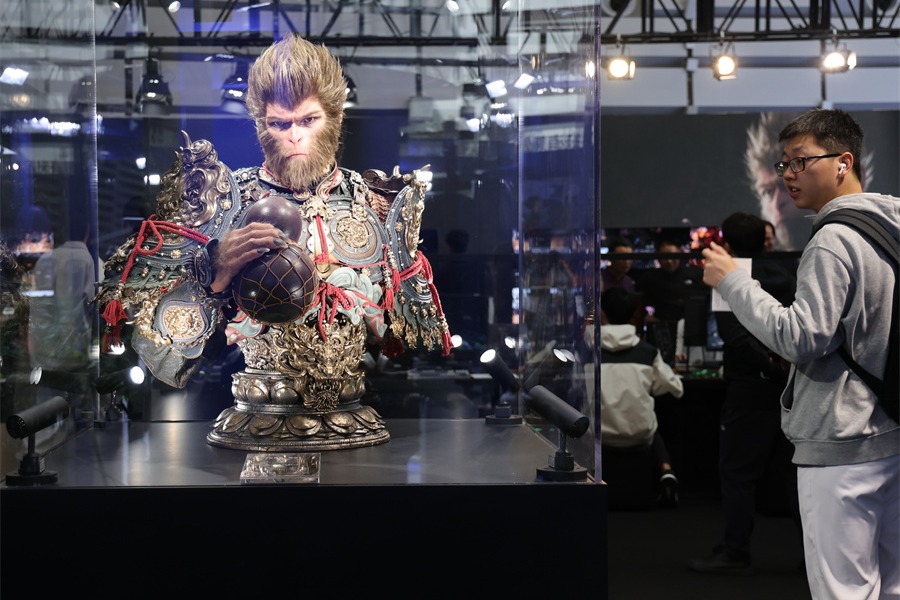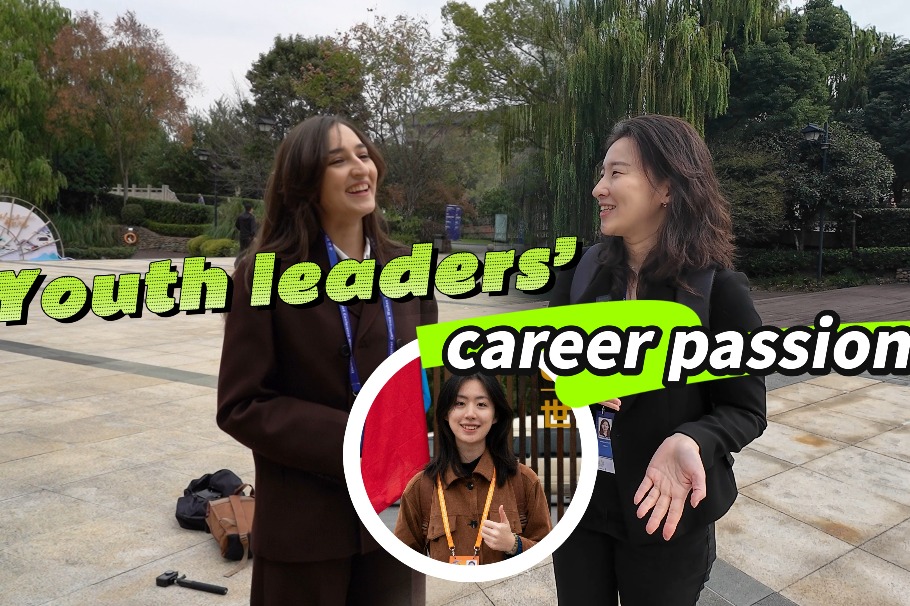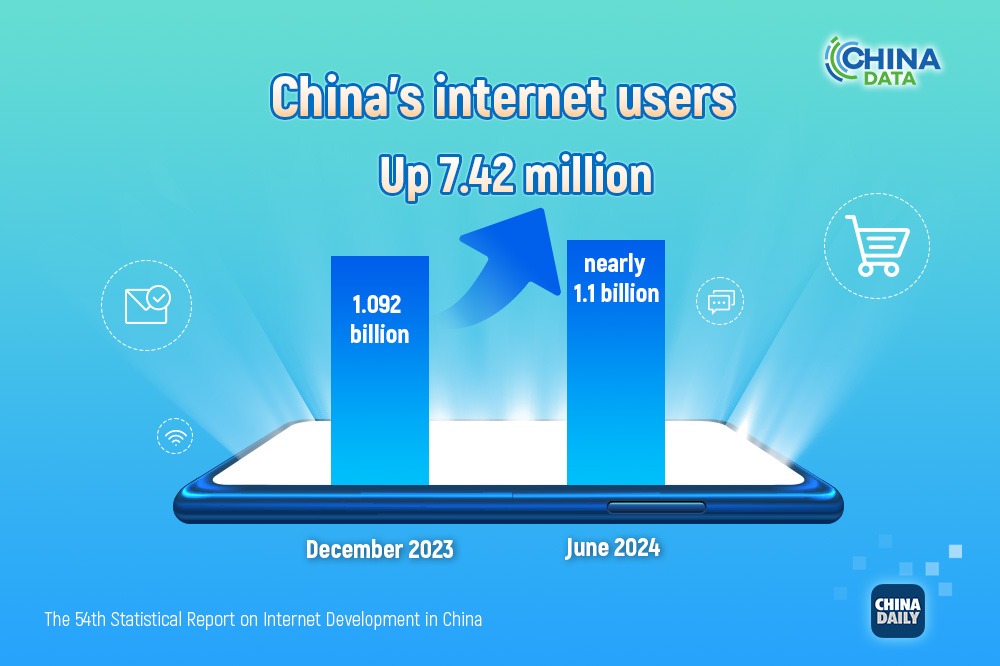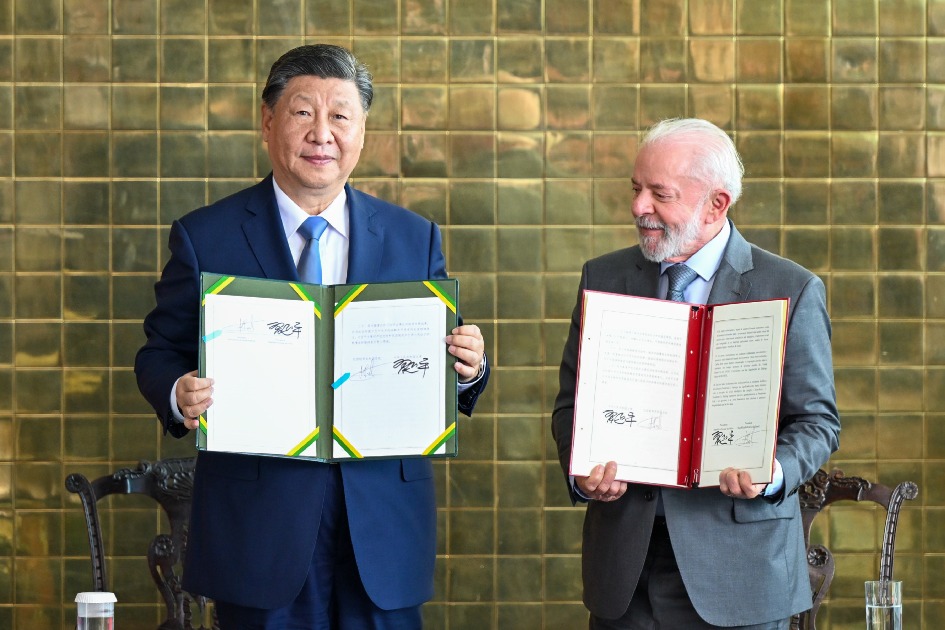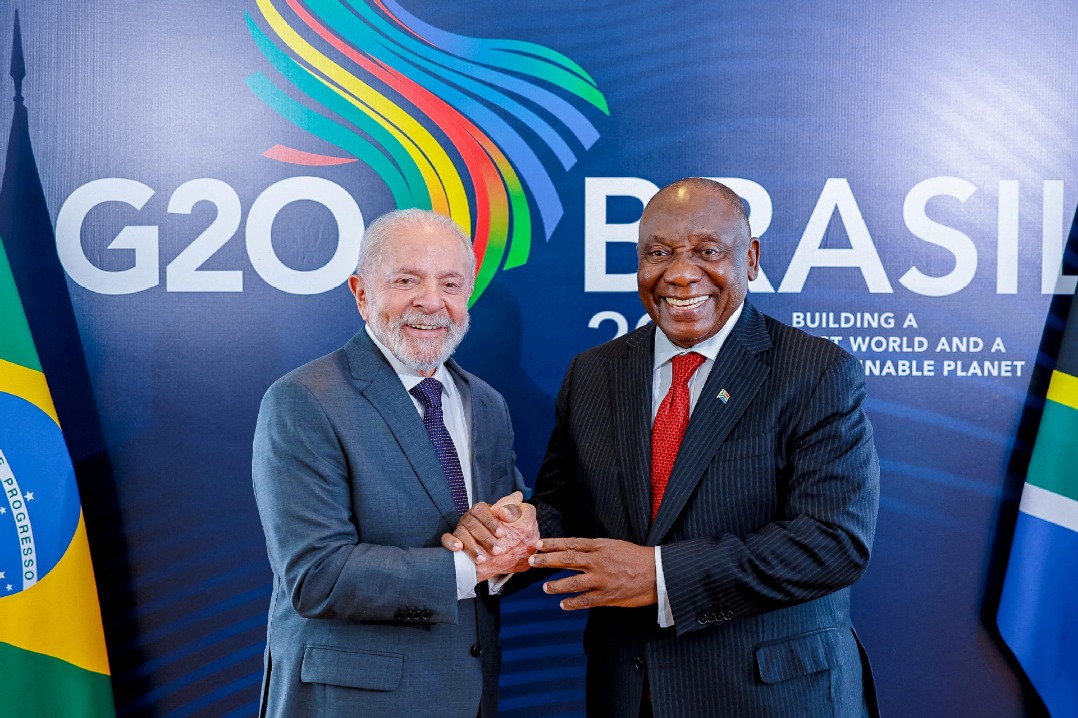Green goods at affordable price hailed
By YIFAN XU in Washington | China Daily Global | Updated: 2024-04-01 09:16

Accusations by US treasury secretary against China meet with strong rebuttal
The provision of large volumes of green products by China at an affordable price has drawn praise from global experts.
This comes close on the heels of US Treasury Secretary Janet Yellen saying in a speech last week that China threatened to destabilize global supply chains that were developing around industries such as solar, electric vehicles and lithium-ion batteries.
Sourabh Gupta, a senior fellow at the Institute for China-American Studies in Washington, said the large-volume green products China was providing more cheaply than others "will go a long way to facing down the climate challenge, especially as these products go mainstream in developing countries where the vast body of humanity lives".
"Even more impressive than the provision of these large-volume, low-price green products is the Chinese government's resolve to stand behind and support the creation of markets at scale for these products, such that many renewables and green products are cost-competitive today or likely to be cost-competitive soon with the more emissions-heavy products that dominate the marketplace currently."
At the Suniva solar cell factory in Norcross, Georgia, Yellen said she planned to raise the issue of overcapacity with her Chinese counterparts. She will visit China as the US Treasury Secretary for the second time in the coming weeks, the South China Morning Post has reported.
Yellen has her reasons for leveling the allegations against China regarding overcapacity and dumping in foreign markets, Gupta said. "China is moving away from that overinvestment model, but the level of domestic savings remains excessively high. As such, there are understandable fears that these savings (and domestic underconsumption) will macroeconomically manifest themselves in the form of domestic overproduction dumped overseas in export markets.
"Of course, balanced against this argument is the fact that China enjoys real comparative as well as competitive advantages in many of the product groups which it is now being accused of dumping," Gupta said, pointing out that China's lead in EVs and the battery sector is the result of innovation and highly competitive capabilities.
The Chinese government was wise, via its industrial policy planning, to be an early mover to incubate these industries of the future at scale, he said. "Yellen's statements and the Joe Biden administration's approach involve double standards and protectionism. There is also more complexity."
Anti-dumping and countervailing duties have long been a US tool of choice for countering trade practices said to be unfair or injurious, and these trade remedy enforcement tools will once again be unleashed on China-originating or transshipped imports, Gupta said. The US has already found additional ways to exclude Chinese goods from its marketplace, he said, whether via the import route or the foreign direct investment route, drawing on its "foreign entity of concern" rules contained in the CHIPS Act, the Inflation Reduction Act, and the Bipartisan Infrastructure Law.
Dispute settlement
"These rules will be enforced aggressively. That said, the latter two pieces of legislation do contain exemption pockets to enable qualifying China-originating components or licensed items to enter the US marketplace, particularly where alternatives to Chinese content in these green products and industries of the future do not exist. But by and large, the US goal is to minimize the scope of such content and, over the longer run", eliminate or desensitize these supply chains of China-originating content.
China initiated dispute settlement proceedings against the US at the World Trade Organization last week to contest "discriminatory subsidies" to EV industries under the US Inflation Reduction Act, saying they resulted in the exclusion of goods from China and other WTO members. China's move is a smart one, Gupta said.
US subsidies for EVs clearly violate WTO rules, Gupta said, and it is only a matter of time before a panel in Geneva finds them to violate US multilateral trade commitments.
"Of course, the US will block the panel's finding from being validated by the WTO's appellate body, which Washington has effectively killed, and thereby prevent the fulfillment of all legal procedures toward finding the US' EV subsidies to be illegal. That said, a WTO panel's initial finding of noncompliance will carry significant political weight."
China could transparently show that Beijing, not Washington, is the victim of noncompliant trade and investment measures and back its political narrative with a third-party legal finding of impeccable authority, the WTO panel's legal finding, he said.





